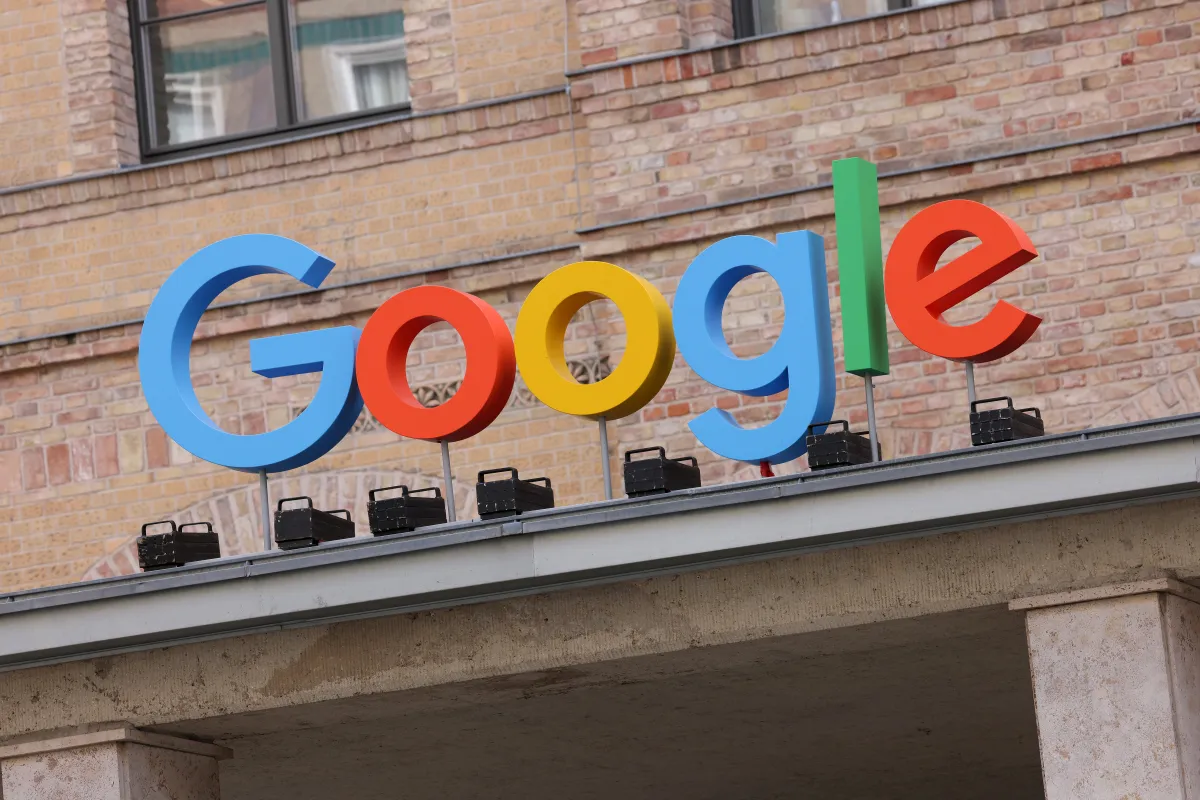The Australian government has officially withdrawn a contentious misinformation bill that sought to impose strict penalties on digital platforms failing to curb the spread of harmful misinformation. The legislation, initially championed by the Labor government, would have empowered the Australian Communications and Media Authority (ACMA) to enforce rules and impose fines of up to 5% of a platform’s global revenue.

Table of Contents
Background of the Bill
The bill, introduced as part of a broader initiative to regulate digital platforms, was designed to address the growing issue of misinformation and disinformation online. Communications Minister Michelle Rowland described it as a groundbreaking move toward greater transparency and accountability for tech companies, which would have been required to demonstrate effective systems to mitigate the spread of false information.
In her statement, Rowland emphasized the importance of online safety and the integrity of democratic processes. She also highlighted additional legislative priorities, including combating deep fakes, regulating artificial intelligence, and ensuring “truth in political advertising” during elections.
Pushback and Criticism
Despite its intentions, the bill faced significant backlash from various stakeholders, including tech industry leaders, opposition lawmakers, and free speech advocates. Critics argued that the legislation risked overreach, potentially stifling legitimate discourse in efforts to avoid financial penalties.
Elon Musk, owner of X (formerly Twitter), publicly denounced the bill in a single-word social media post, calling it “Fascists.” Shadow Communications Minister David Coleman also condemned the legislation, labeling it a “shocking attack on free speech” and a threat to democratic values. He warned that the bill might incentivize platforms to suppress free expression to evade regulatory scrutiny.
Reasons for Withdrawal
Minister Rowland cited a lack of legislative support in the Senate as the key reason for the IT withdrawal. “Based on public statements and engagements with Senators, it is clear that there is no pathway to legislate this proposal through the Senate,” she explained.
This acknowledgment of political reality effectively ended the immediate prospects for the It, despite its initial prominence in the government’s digital policy agenda.
Future Outlook
While the withdrawal of the misinformation bill marks a setback for the government’s regulatory ambitions, Rowland reaffirmed a commitment to other legislative measures aimed at fostering a safer and more trustworthy online environment. These include targeting emerging challenges such as deep fake technologies and AI-related misinformation.
The debate over the bill has underscored the complex interplay between regulating harmful content, protecting free speech, and maintaining democratic freedoms. It also reflects broader global challenges faced by governments as they attempt to navigate the influence of large tech platforms while preserving individual rights.
The shelving of this bill may not mark the end of the conversation but rather a pause in an ongoing dialogue about the responsibilities of digital platforms in combating online misinformation.




